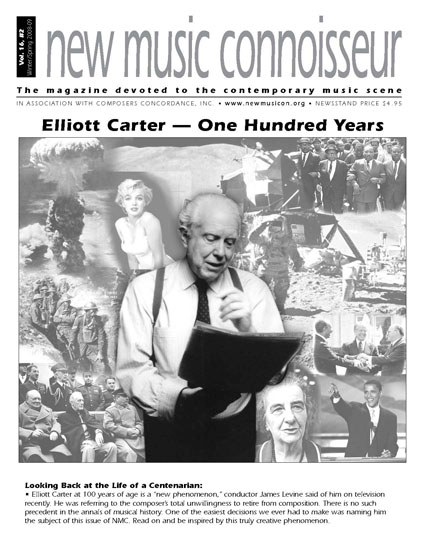COMPOSER-VOCALIST LISA BIELAWA
April 16, 2009— New York , NY —The American Academy in Rome announced today that Lisa Bielawa is a recipient of the 2009 Rome Prize in Musical Composition. Established in 1894 and chartered by an Act of Congress in 1905, the American Academy in Rome is a center that sustains independent artistic pursuits and humanistic studies. Annual Rome Prize fellowship winners are selected through a national competition, and travel to Rome to refine and expand their own professional, artistic, or scholarly aptitudes. The Academy’s Rome Prize winners are at the center of a multi-disciplinary environment, where artists and scholars are encouraged to work collegially within and across disciplines.
This September, Ms. Bielawa will join 14 other artists (working in Architecture, Landscape Architecture, Design, Historic Preservation and Conservation, Literature, Musical Composition, or Visual Arts) as well as 15 scholars (working in Ancient, Medieval, Renaissance and early Modern, or Modern Italian Studies) for a year-long fellowship at the Academy, located on the Janiculum, Rome ’s highest hill. While there Ms. Bielawa will compose an extended work for the Brooklyn Rider string quartet and herself as vocalist. The piece, which has been commissioned by Market Square Concerts in Harrisburg, PA , will be modular, performable at different lengths and in different venues and contexts, with or without vocal sections.
Composer-vocalist Lisa Bielawa was born in San Francisco into a musical family. She played the violin and piano, sang, and wrote music from early childhood. Ms. Bielawa moved to New York two weeks after receiving her B.A. in Literature in 1990 from Yale University , and became an active participant in New York musical life. She began touring with the Philip Glass Ensemble in 1992, and in 1997 co-founded the MATA Festival, which celebrates the work of young composers. Ms. Bielawa takes inspiration for her work from literary sources and close artistic collaborations. The New York Times describes her music as, “ruminative, pointillistic and harmonically slightly tart,” and Time Out New York praised her “prodigious gift for mingling persuasive melodicism with organic experimentation.”

